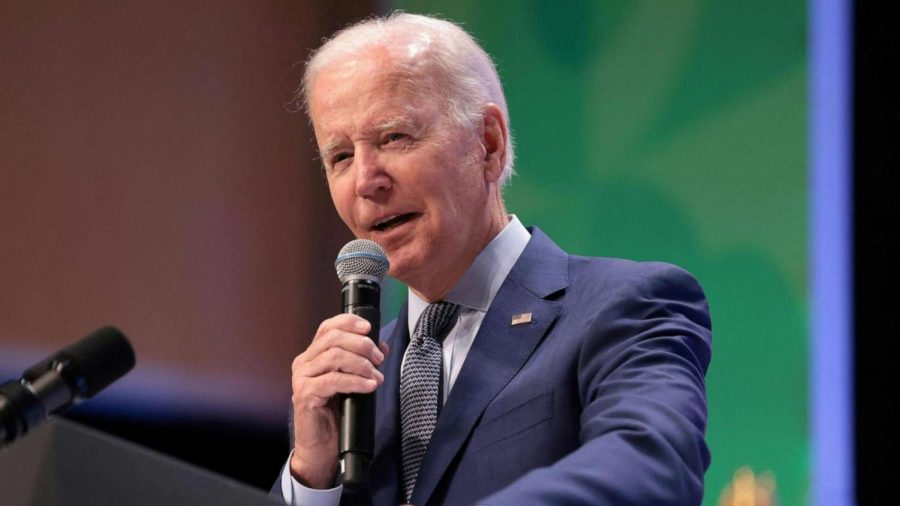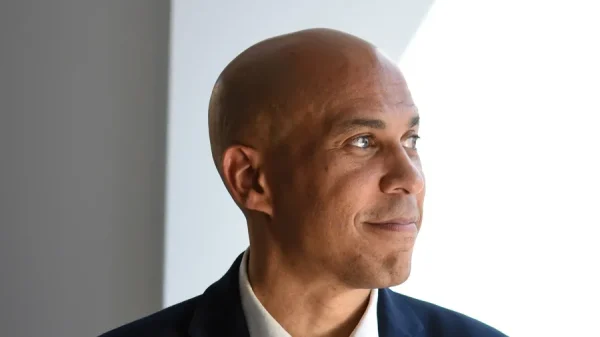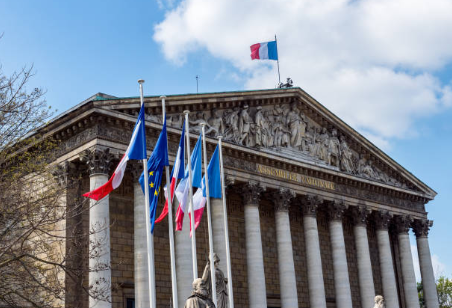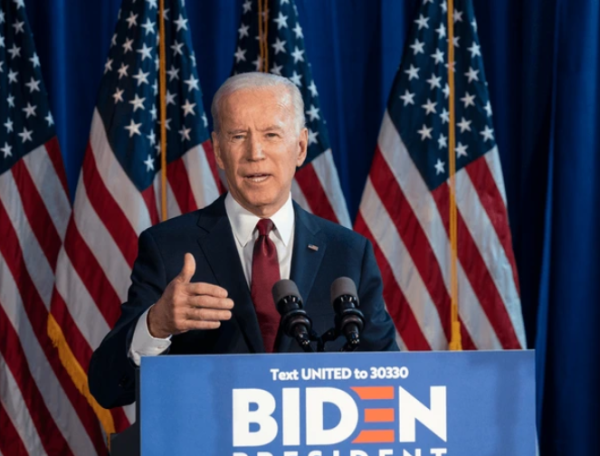Biden Administration announces federal changes for marijuana
On Oct 6, 2022, President Joe Biden announced new executive actions aimed at decriminalizing the U.S. stance on marijuana. By pardoning thousands of people with federal offenses for marijuana possession and initiating a review of how the drug is classified, Biden’s administration is closer to removing barriers that have disproportionately affected many individuals.
This announcement has many nuances that are crucial to understanding the entity of the proposal. To begin, Biden proposes a schedule change for the drug. Currently, marijuana is a Schedule I drug on a five-tier scale alongside LSD and Heroin, which indicates that they are drugs without accepted medical use and a high potential for abuse under the Controlled Substances Act (CSA). However, descheduling is not the same as decriminalizing.
“The reform isn’t the same as legalizing marijuana… President Biden’s order does not make marijuana federally legal. Currently the justice department is not pursuing cases in states that have decriminalized marijuana,” explained social studies teacher, Steven M. Watson.
By descheduling marijuana at a federal level it would remove the 280E tax penalty, which would be a tremendous benefit to the bottom lines of all plant-touching cannabis companies in the industry. The descheduling process falls under the Food and Drug Administration (FDA) and Drug Enforcement Administration’s (DEA) responsibilities. The FDA’s role is to go through a scientific and medical analysis and to make a recommendation on scheduling to the DEA after determining its current accepted medical use, the potential for abuse, and a drug’s addictive tendencies. However, this poses a potential turn of events for pro-legalization advocates as the drug may be moved to Schedule II or Schedule III, increasing marijuana’s regulation, instead of being removed from the CSA entirely jeopardizing the movement towards decreasing marijuanas policing.
Furthermore, Biden’s announcement addressed the federal pardons for individuals incarcerated for simple marijuana possessions. The pardoning would cover an estimate of 6,500 individuals and lawful permanent residents convicted between 1992 and 2021 of simple marijuana possession charges under federal law or D.C. statute. Even though the vast majority of people locked up for marijuana possession were convicted at the state level, which Biden urged governors to review marijuana possession convictions at a state and local level, the federal level pardons are still beneficial to many.
“People with criminal records also often face discrimination when it comes to accessing housing, jobs or educational opportunities. This pardon will help relieve those collateral consequences,” said a senior Biden administration official. “No one should be in jail just for using or possessing marijuana.”

Sara Shibu is a senior in the Humanities program. This is her first year working with The Pulse. Outside of school, she is the Senior Class Historian,...








